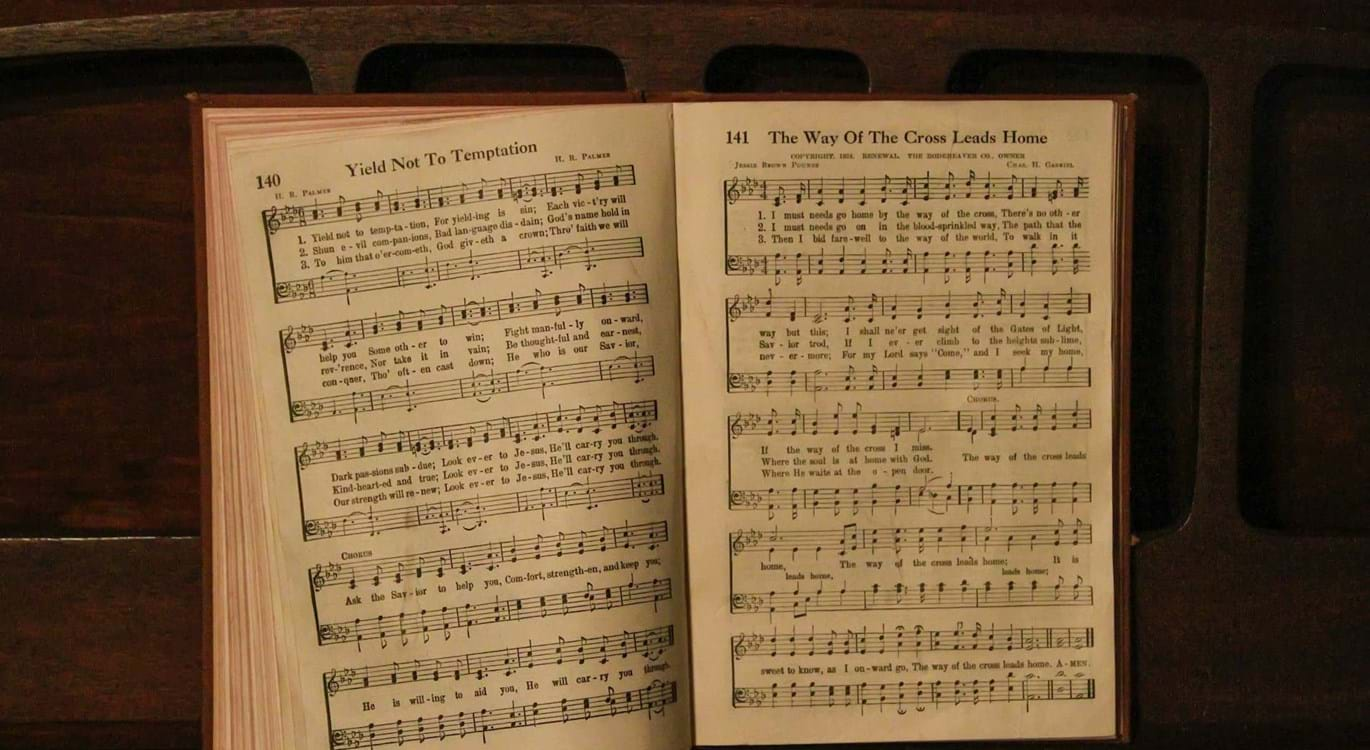They train people for heaven, where praise is one of the principal occupations”. I’ve long enjoyed the following lyrics, written by an anonymous hymn writer:
“Lord Jesus, Thou who only art
The endless source of purest joy,
O come and fill this longing heart;
may nought but Thee
my thoughts employ.
Teach me on Thee to fix my eye,
For none but Thee can satisfy.”
As reflected in Ryle's statement, my experience has been that these words stir up worship in my heart for the Lord Jesus, our “source of joy” that the writer speaks of; how incredible that we, as sinful beings, can access this joy through a personal relationship with the Saviour. It causes me to think of all the sources of “joy” in the world, and in comparison to Christ they are dull and faded. This first verse of the hymn describes the Lord Jesus as the “only” “endless” source of the “purest” joy which will “satisfy”. When I take these descriptions and hold up other “joys” in the light of them, the torch shines into shallow pits which are easily and quickly emptied.
I am further reminded of these truths in another verse of this lovely hymn, with the lyrics articulating that “the joys of earth can never fill the heart that’s tasted of Thy love”. Perhaps these “joys of earth” could instead be rendered “happinesses”. The English Standard Version of the Bible uses the words “happy” and “happiness” only ten times, in comparison to “joy”, “joyful”, and “rejoice” appearing over 400 times. The difference is evident and stark, with joy very clearly being the experience that God in His Word advocates. This is not to say happiness is bad, but it is beneficial to remember that, though it is persistently sought after in this world, happiness is a fluctuating and fickle experience.
In absolute contrast, the joy we can draw from Christ is unfathomable and perpetual. Its depths can never be reached, its magnitude never fully grasped by our finite minds. In Him and through Him alone should we derive joy as believers saved by His grace. The hymn goes on to affirm, “Loved with an everlasting love, my hope, my joys, are all above”.
Paul David Tripp reflects in his book, Do You Believe?, that when Christ is “at the center, when He is my reason for everything and I am living in complete surrender to Him, then I will know the unfettered joy and contentment of heart.” This immutable and satisfying joy is obtained through giving Christ His rightful place in my heart and life. In John’s Gospel the Lord Jesus speaks to His disciples about abiding in His love and therefore keeping His commandments. He states, “These things I have spoken to you, that my joy may be in you, and that your joy may be full” (John 15:11 ESV), asserting that the disciple who does not have his heart aligned with Christ, who is not “abiding” in His love, will fail to experience the utter fullness of joy promised to those living in obedience. I am compelled with the hymn writer, to “earthly joys resign” and make conscious effort to conform my life to Christ and accordingly dive into His joy.
This joy, this pure delight in our dear Saviour, should spark worship in our hearts and promote changes in our lives. Our joy should be evident in our everyday conduct, so much so that “people should be coming to us constantly and asking the source of our joy” (A. W. Tozer). Christ is the ultimate Source, not only of joy, but of love, peace, mercy, and hope. When drinking from this source, our lives will be quietly but radically shaped to be more like the Saviour. May our personal prayers echo those final words of this wonderful hymn:
“More of Thyself each day to know,
And more into Thine image grow.”





























